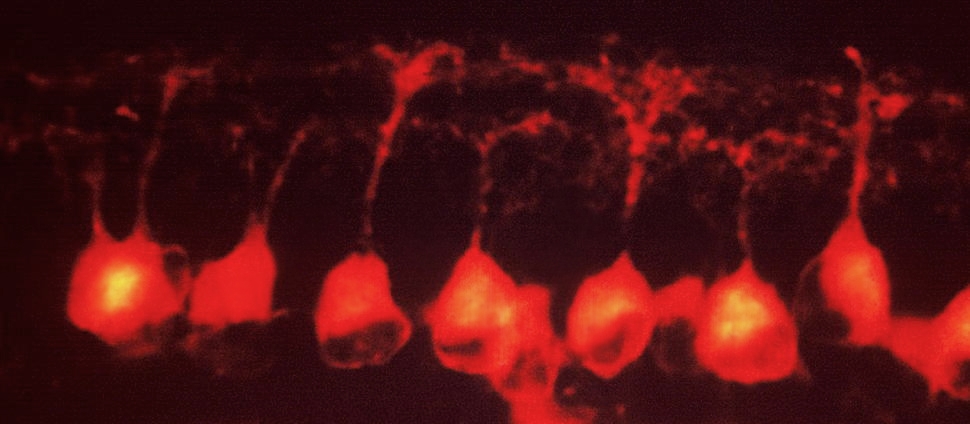Document Type
Article
Publication Date
11-1-2016
Publication Title
Journal of Abnormal Psychology
Abstract
Childhood maltreatment is strongly associated with depression, which is characterized by reduced reactivity to reward. Identifying factors that mitigate risk for depression in maltreated children is important for understanding etiological links between maltreatment and depression as well as improving early intervention and prevention. We examine whether high reward reactivity at behavioral and neurobiological levels is a marker of resilience to depressive symptomology in adolescence following childhood maltreatment. A sample of 59 adolescents (21 with a history of maltreatment; Mean Age = 16.95 years, SD = 1.44) completed an fMRI task involving passive viewing of emotional stimuli. BOLD signal changes to positive relative to neutral images were extracted in basal ganglia regions of interest. Participants also completed a behavioral reward-processing task outside the scanner. Depression symptoms were assessed at the time of the MRI and again 2 years later. Greater reward reactivity across behavioral and neurobiological measures moderated the association of maltreatment with baseline depression. Specifically, faster reaction time (RT) to cues paired with monetary reward relative to those unpaired with reward and greater BOLD signal in the left pallidum was associated with lower depression symptoms in maltreated youth. Longitudinally, greater BOLD signal in the left putamen moderated change in depression scores over time, such that higher levels of reward response were associated with lower increases in depression over time among maltreated youths. Reactivity to monetary reward and positive social images, at both behavioral and neurobiological levels, is a potential marker of resilience to depression among adolescents exposed to maltreatment. These findings add to a growing body of work highlighting individual differences in reactivity to reward as a core neurodevelopmental mechanism in the etiology of depression.
Keywords
Adolescent, Basal ganglia, Depression, Maltreatment, Reward reactivity
Volume
125
Issue
8
First Page
1201
Last Page
1212
DOI
10.1037/abn0000215
ISSN
0021843X
Version
Author's Accepted Manuscript
Recommended Citation
Dennison, Meg J.; Sheridan, Margaret A.; Busso, Daniel S.; Jenness, Jessica L.; Peverill, Matthew; Rosen, Maya L.; and McLaughlin, Katie A., "Neurobehavioral Markers of Resilience to Depression amongst Adolescent Exposed to Child Abuse" (2016). Neuroscience: Faculty Publications, Smith College, Northampton, MA.
https://scholarworks.smith.edu/nsc_facpubs/144



Comments
Correction to (DOI: 10.1037/abn0000245):
'Neurobehavioral Markers of Resilience to Depression Amongst Adolescents Exposed to Child Abuse' [Journal of Correction to: 'Neurobehavioral Markers of Resilience to Depression Amongst Adolescents Exposed to Child Abuse' [Journal of Abnormal Psychology, 2016, 125, 8, 1201-1212] doi: 10.1037/abn0000215